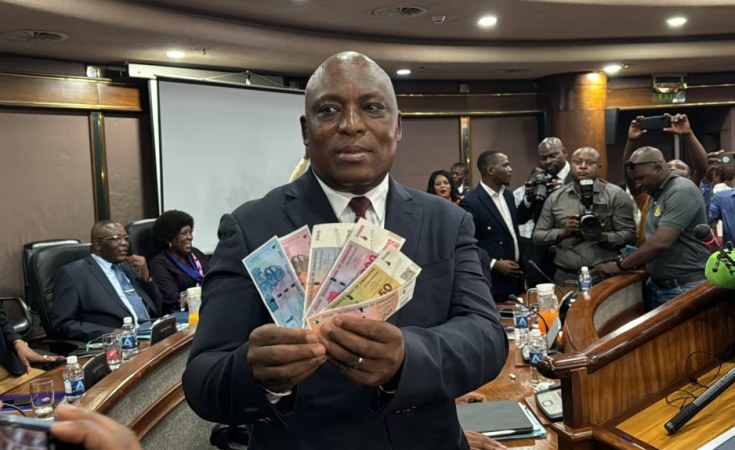The Reserve Bank Governor (RBZ) John Mushayavanhu has said fuel pricing is being negotiated with suppliers and the outcome of the meetings will soon be made public.
Mushayavanhu was responding to questions from the joint Budget, Finance, Industry and Commerce Parly Committee on the recently announced Monetary Policy Statement.
Zaka East MP Clemence Chiduwa and other legislators quizzed the governor about why the newly introduced new currency backed by gold cannot purchase fuel and when this will be rectified.
In his monetary policy statement recently, Mushayavanhu said fuel would be sold in US dollars only.
"We are still planning on how to deal with the fuel pricing. We are still in negotiations and the outcome will be known to the public soon," he said.
Other committee members however questioned the economic benefits of buying fuel in US$ as most people, especially civil servants had a salary component of local currency while goods and services were being sold in foreign currency.
Explaining the benefits, Mushayavanhu said, "Currently, we are at 85% of transactions in USD while 15% are ZiG. We will not be able to get enough ZiG if we sell fuel in the new currency.
"We have US$80 million worth of ZiG in circulation on the market. In June, the country will need US$150 million worth of ZiG, hence the public must keep their ZiG."
He gave a guarantee that the government would not print money without adequate reserves.
The ZiG notes and coins will start circulating on April 30, 2024.
"When you get ZiG, keep it tight. By June this year, the ZiG will be hard to get. It will be very expensive.
"Muchaitsvaga nemaziso matsvuku," added Mushayavanhu.
A committee member asked how the central bank would maintain the exchange rate which is already at 20 ZiG to 1US on the parallel market as compared to 13.6 to 1USD pegged by the RBZ.
"No money printing in future by RBZ. Any future increase will be done by increased production, and inflation variations whilst the circulation amount will be less than the reserves amount.
"We will introduce money as when the economy demands.
"These variables are monitored daily to see the money in reserves, in circulation. I get this information every day," Mushayavanhu told the joint committee.


